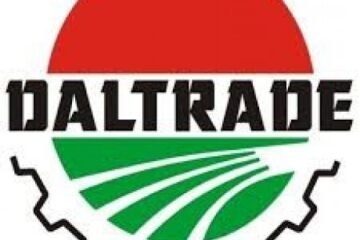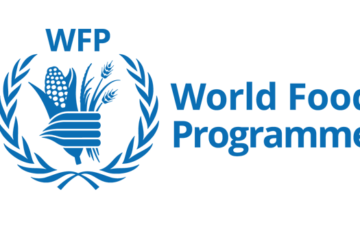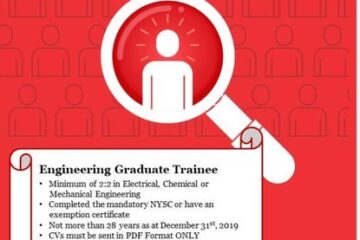iBiology Young Scientist Seminars (YSS) 2020 Competition (all-expenses paid trip to the University of California, San Francisco, USA)
Are you a graduate student or postdoc in any field of biology with a research story that you want to share with the world? Do you want to learn how to give one of the best science talks of your career?
The Young Scientist Seminars (YSS) is a video series produced by iBiology that features early-career scientists giving talks about their research and discoveries. As with all iBiology videos, YSS videos are freely available online and widely viewed by an international audience of students, scientists, educators, and the public.
Benefits
- Winners will receive an all-expenses paid trip to the University of California, San Francisco (late Spring 2020, exact dates TBD), where they will attend a multi-day science communication workshop led by the Alan Alda Center for Communicating Science, in collaboration with iBiology. During the workshop, they will make improvements to their 30-minute research talks.
- At the end of the workshop week, winners will record their improved 30-minute research talks in iBiology’s green screen studio. Studio-recorded talks will be posted on the iBiology website as part of the Young Scientist Seminars series.
You may also check:
- PZ Cussons Nigeria Engineering Graduate Trainee Program 2019 for young Nigerian graduates
- ARES Belgian Government Masters and Training Scholarships 2020/2021 for study in Belgium
- Vacancy at WFO Roedl & Partner
Eligibility
U.S. and international pre-doctoral graduate students (i.e. PhD candidates) and post-doctoral fellows in any field of the biological sciences are eligible to apply. Although you are not required to be a PhD candidate to be eligible for the competition, your research story should be close to publication or have been recently published.
Application Details
Each application must include:
- A short statement (3000 characters maximum, including spaces) explaining why you (the applicant) are applying to the YSS competition and how you would benefit from participating.
- A 2-page CV or resume that highlights: research experience, scientific presentation experience and awards, and science communication, outreach or education activities.
- A short written description (3000 characters maximum, including spaces) of the scientific discovery that you (the applicant) would like to share on camera and its importance, for a non-expert but scientific audience (e.g. undergraduate students in the biological sciences). This short research description should make clear why the research is interesting and novel, and explain the ‘so what?’ of your work. You are welcome to use stories and analogies to accomplish this. You DO NOT need to submit a video for this.
- A letter of recommendation from a faculty member (emailed separately) that comments on the applicant’s scientific merit and communication skills. Recommenders should send a signed letter of recommendation as a PDF attachment to yss@ibiology.org with “[APPLICANT LAST NAME, FIRST INITIAL]” in the subject line. Recommendation letters must be received by the application deadline for full consideration.
- Except for the letter of recommendation, application materials will NOT be accepted via email. Applicants MUST submit their materials using the application survey.
You may also check:
- King Abdulaziz University Scholarship 2020 Saudi Arabia For Master, PhD (Fully Funded)
- Account Officer needed at Animal Care Service Konsult Nigeria Limited
- Resilience Fund Fellowship 2020
Selection Process
The winners will be selected in two phases.
Phase 1 – Finalist Selection: Ten to twenty finalists will be chosen based on their submitted application materials (details and application link above).
Phase 2 – Winner Selection: Finalists will give a 20-minute audition talk in English using videoconference to iBiology staff. Information about the 20-minute talk, including the deadline and guidelines, will be supplied to the finalists before the audition. Four winners will be selected from the pool of finalists, based on both the science and clarity of the talks.














